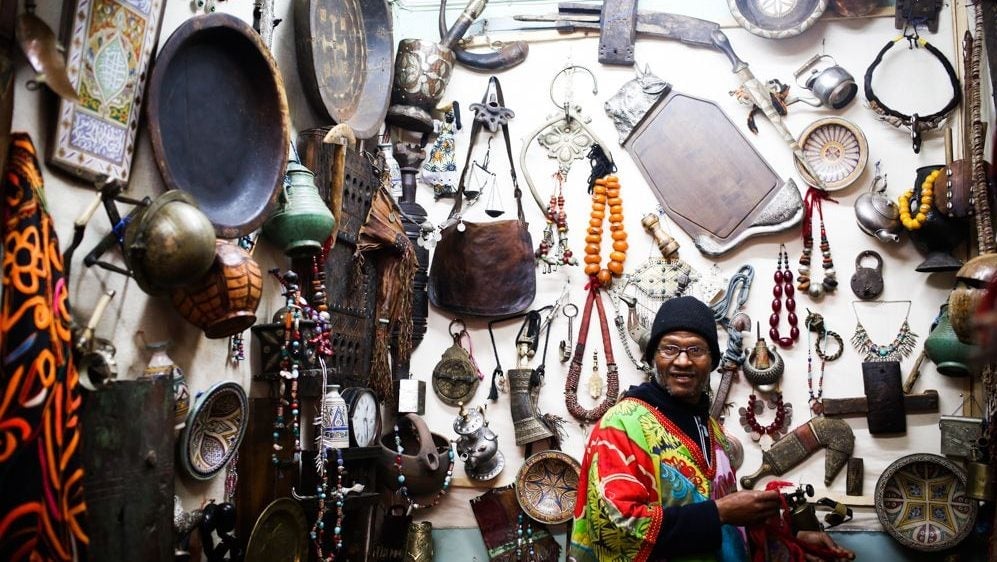Morocco will introduce an Airbnb tax and undercover inspectors to protect local hotels
In a bid to boost its local tourism industry, Morocco is going to start to taxing Airbnb and travel site, booking.com from next year. The government believes the move will help local hotels and travel agencies to stay competitive as international holiday-makers increasingly use the travel services, which end up cutting some of the local players.


In a bid to boost its local tourism industry, Morocco is going to start to taxing Airbnb and travel site, booking.com from next year. The government believes the move will help local hotels and travel agencies to stay competitive as international holiday-makers increasingly use the travel services, which end up cutting some of the local players.
Morocco is the second most popular destination in Africa for Airbnb after South Africa with nearly 22,000 listings out of the 100,000 plus in the continent.
The tax is part of Morocco’s push to ensure that profits are kept onshore as services become decentralized and move online. Examples include a recent decision to suspend ride hailing app Uber since February.
The Moroccan tourism sector generates around $7 billion and employs around 2.5 million Moroccans is an important source of foreign currency and makes up about 7% of the country’s GDP. The tourism ministry has yet to disclose a figure for the proposed tax on Airbnb.
The measure is seen as appeasing local hoteliers who are weary of Airbnb’s burgeoning online presence. Moroccan authorities will work with undercover inspectors and interior ministry informants to ensure compliance according to Bloomberg.
“The Moroccans have taken major steps in opening up their tourism industry and their economy overall. This step won’t do anything to hurt the constant inflow of tourists in the last few years” said Karim Mezran, a North Africa expert at The Atlantic Council in Washington DC.
The San Francisco firm has faced contentious issues about its business model’s impact on local hotels in different cities around world including Amsterdam, New York and Paris. In Africa, Namibia also carried out similar measures requiring hosts to register with the national tourism authority.
An Airbnb spokesperson said conversations about the tax rate with the Moroccan government are still in early stages. “We are happy that the Moroccan government wants to simplify rules for tourist tax collection on Moroccan Airbnb hosts,” said the spokesperson. We’re looking forward to work hand in hand with the government on clear rules that help Moroccan hosts pay their fair share of tax in their own country.”
With troubled hot spots such as Egypt and Tunisia still reeling from a battered tourism industry due to terror attacks, Morocco has capitalized on its North African neighbors’ slump with over 11 million tourists visiting the Kingdom.